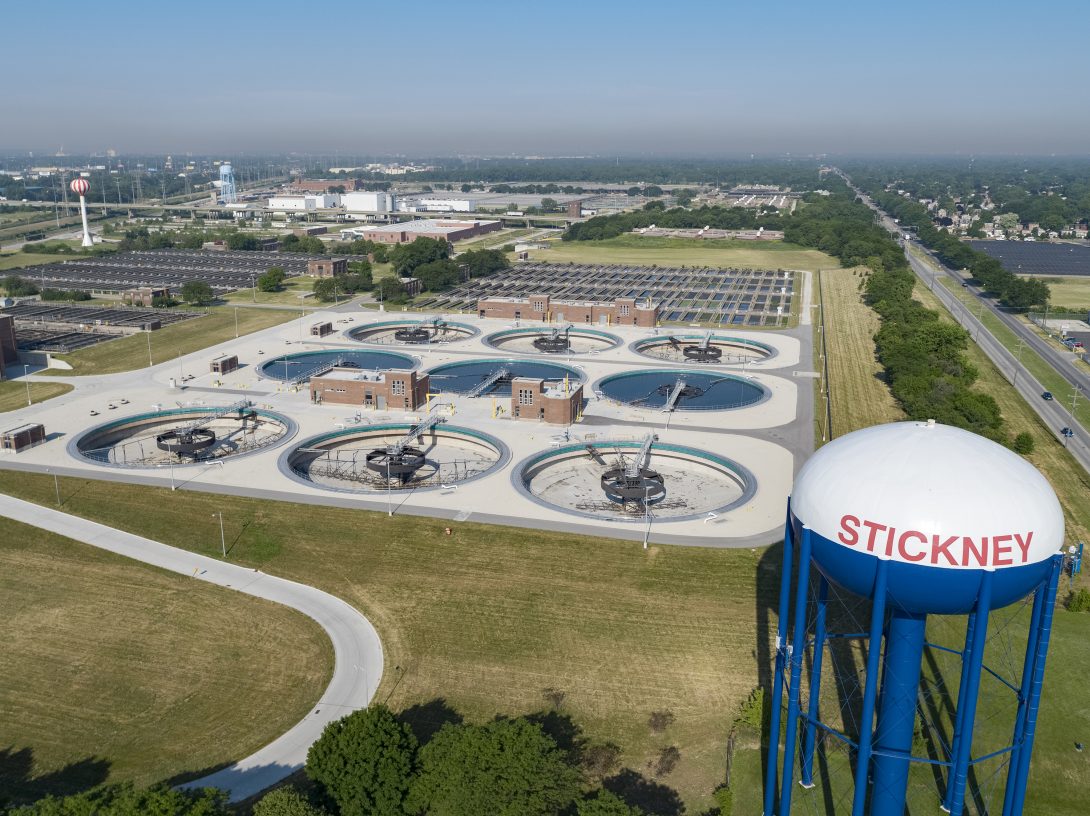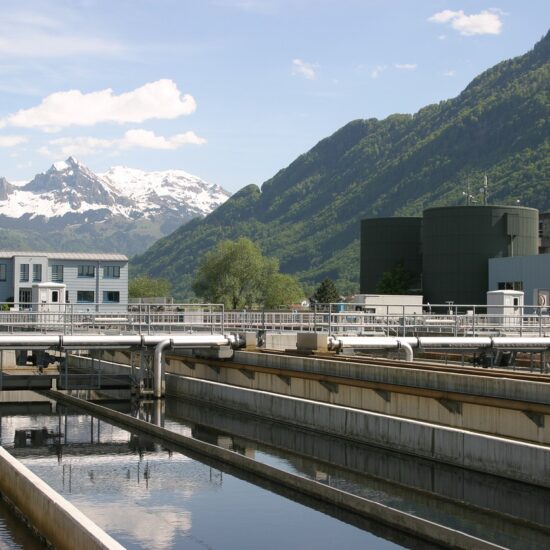Environmental Engineering
intro

The demand for environmental engineers is expected to increase over the next several decades in Illinois and nationwide. To fill the emerging need, UIC is offering a B.S. degree in Environmental Engineering, which will provide future engineers with the skill sets and competencies to succeed in the environmental remediation and pollution abatement industry as experts and as specialists in field work, as company liaisons, managers, or within government agencies.
Environmental engineers use the principles of engineering, chemistry, and other physical or natural sciences to develop solutions to environmental problems. They work to improve water and air pollution control, waste disposal, recycling, and public health. They also address global issues, such as unsafe drinking water, climate change, and environmental sustainability.
Environmental engineers conduct hazardous‐waste management studies, in which they evaluate the significance of a hazard and advise on treating and containing it. They also design systems for municipal and industrial water supplies and for industrial wastewater treatment, and they research the environmental impact of proposed construction projects.
In government positions, environmental engineers develop regulations to prevent mishaps. Some environmental engineers study ways to minimize the effects of acid rain, climate change, automobile emissions, and ozone depletion. They also collaborate with environmental scientists, urban and regional planners, hazardous‐waste technicians, and other engineers, as well as with specialists such as experts in law and business, in order to address environmental problems and environmental sustainability.
The program draws on the resources, faculty expertise, and courses offered by the CME department. The curriculum aims to provide students with a solid background and skill set for entry‐level jobs in the environmental engineering field, in addition to preparing students for graduate programs in environmental engineering at UIC and nationwide.

The environmental engineering major at a glance
Why choose an environmental engineering major? Why pick UIC? This PDF briefly answers both of those questions.
Environmental Engineering major requirements
Environmental engineering majors are required to complete university, college, and program degree requirements. In order to graduate with a BS degree in Environmental Engineering, students must have at least a 2.00/4.00 grade point average in all work taken at UIC, in all work taken for the major, and in all work accepted by the university (transfer courses and courses taken at UIC).
Nonengineering and General Education Requirements: Nonengineering and general education courses will make you a well-informed graduate in disciplines outside of civil engineering. You will take 60 credit hours in this category, including chemistry, physics, math, and a range of classes in areas such as Exploring World Cultures and Understanding the Individual and Society. For details on general education requirements, consult the course catalog.
Required in the College of Engineering
Students earn 53 credit hours from engineering courses that all environmental engineering majors must take. These courses — including Water Resource Engineering, Hydraulic Design, and Air Pollution Engineering — offer a thorough introduction to the field. Details on these requirements are in the course catalog.
Technical Electives
Environmental engineering majors complete 15 credit hours of technical electives. Select five technical elective courses from the offered 400-level CME Technical Electives or from 400-level courses offered by other programs in the College of Engineering or other STEM programs at UIC with the approval of the academic faculty advisor. List of approved technical electives for Environmental Engineering majors. (See the course catalog for more details).
Scholarships
UIC offers a wide range of scholarships and other forms of financial assistance. Some scholarships are designed for new students; others are open to continuing students. Learn more about these programs on our College scholarships page.
Learn more about the environmental engineering major
Program Educational Objectives: Environmental Engineering Major
The Department of Civil, Materials, and Environmental Engineering at UIC will seek to receive specialized accreditation for the new B.S. in Environmental Engineering through ABET accreditation (Accreditation Board of Engineering and Technology). The CME department aims to include the proposed BS in Environmental Engineering in the next round of ABET accreditation for the UIC College of Engineering in fall 2026.
As part of the accreditation process, ABET asks our department to capture the overall goals of the undergraduate programs in civil engineering. These are called our program educational objectives.
Graduates of the environmental engineering program at the University of Illinois Chicago will establish careers in engineering, research and development, and/or management professions, and will be involved in professional societies. Within a few years of completing the program, graduates are expected:
- To apply technical expertise, effective design skills, and sustainability principles to address evolving engineering challenges affecting a diverse society.
- To be engaged in continuing education. Motivated graduates will have pursued or have well-formulated plans to pursue graduate education.
- To effectively and ethically contribute as a member, manager, or leader of multidisciplinary teams through efficient communication of technical and nontechnical issues.
Graduates from the B.S. in Environmental Engineering program may take the Fundamentals of Engineering (FE Exam) in Environmental Engineering upon completion of the program. After passing the FE Exam, environmental engineers with more than four years of work experience may take and pass the Principles and Practice of Engineering Exam (PE) in Environmental Engineering. After passing the Principles and Practice of Engineering Exam, the environmental professionals are able to practice as licensed professional engineers in Illinois.
Student Outcomes: Environmental Engineering Major
Another part of the ABET accreditation process requires our department to identify the specific knowledge and skills that students are intended to have when they complete their undergraduate education. These are called student outcomes.
Students graduating from the environmental engineering program at UIC will have:
- an ability to identify, formulate, and solve complex engineering problems by applying principles of engineering, science, and
- an ability to apply engineering design to produce solutions that meet specified needs with consideration of public health, safety, and welfare, as well as global, cultural, social, environmental, and economic
- an ability to communicate effectively with a range of
- an ability to recognize ethical and professional responsibilities in engineering situations and make informed judgments, which must consider the impact of engineering solutions in global, economic, environmental, and societal
- an ability to function effectively on a team whose members together provide leadership, create a collaborative and inclusive environment, establish goals, plan tasks, and meet
- an ability to develop and conduct appropriate experimentation, analyze and interpret data, and use engineering judgment to draw
- an ability to acquire and apply new knowledge as needed, using appropriate learning